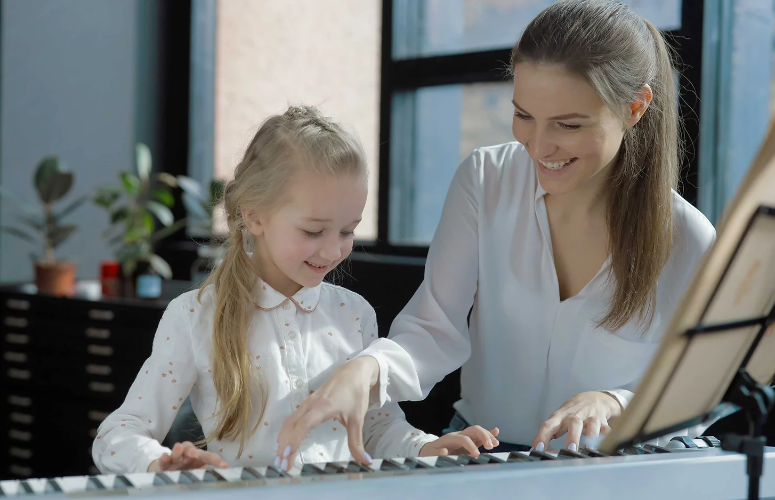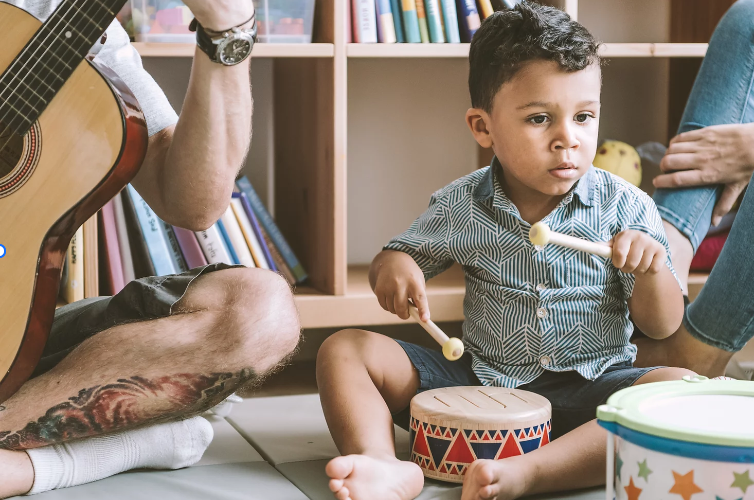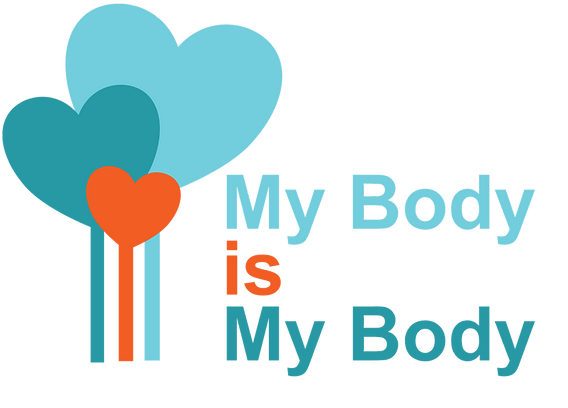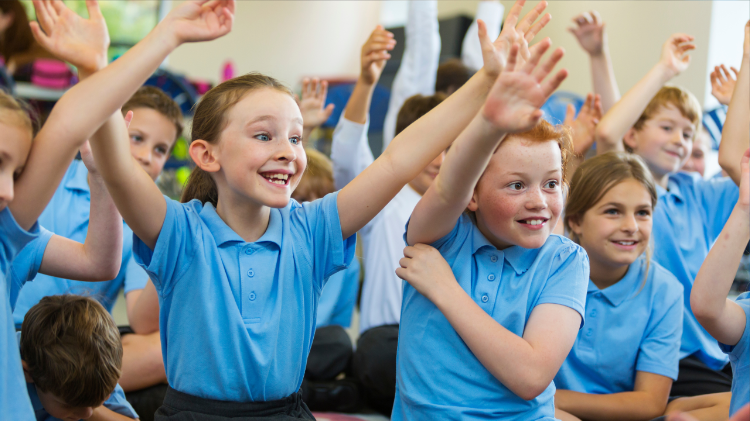The Power of Music in Education

BY: Chrissy Sykes (Creator of the My Body Is My Body Programme)
The Power of Music in Education, music can access and stimulate all areas of the brain, and it can help to optimise and enhance cognitive-communication and a child’s motor skills. With autistic children, music can build communication and verbal skills as it is a fun way of communicating where the child can participate as much or as little as they can.
Music is an integral part of our lives for many of us. We listen to music on the way to work, whilst we are running or exercising when we are out dancing, but you can use music for much more than just pleasure.

Music is also beneficial for people with Alzheimer’s in stimulating the brain and memory function. For example, playing songs from their past can spark a memory that could generate a smile, a few words, or even tears. My Aunt had Alzheimer’s and lost her ability to talk, but sometimes, she would start singing along when she heard a song, this shows the power of music.
The Power of Music
Mothers often sing or hum to comfort their babies, as music is considered a core function of the brain, calming the baby. These babies will remember the songs or melodies, and when they hear them in later life, it will stimulate memories.
The kind of music we listen to can affect our moods, such as listening to a melancholy song that can make us feel thoughtful or sad or an upbeat song that can make us feel happy and energised.
Music has the power to hold a child’s attention, and the more involved the children are – the more of the subject matter they will retain. In addition, our brains enjoy the music structure, which is why we enjoy listening to songs repeatedly.
Language Skills
Studies have shown music to have improved speech development and reading skills because it helps develop the left side of the brain (this is the side that relates to language), and it uses the right side of the brain to decode the song’s melody. Music is also an excellent way for children to learn new languages.

Music can also help improve social skills in children, especially if you get them to work together to play the song. It enhances teamwork in a happy and positive environment.
Music also helps children with their self-confidence. Sometimes less academic children can find that they are good at singing, keeping beat, or playing an instrument which will help their self-esteem.
The My Body Is My Body Musical Programme
The My Body is My Body Music Programme is an excellent example of how music can be used in education. Our songs are available in many languages, enabling teachers and parents worldwide to teach this programme.
When using the My Body is My Body Programme, we encourage the children to join in. The more involved the children are with the songs, the more they will retain, so we encourage parents and teachers to have fun and make some instruments without spending money.
- Create a guitar from a cereal box
- Make drums from cans or plastic bottles.
- A plastic water bottle with rice can make Maracas.
- You can make a cymbal from a pot lid
- Jars with water at different levels of liquid can make a xylophone
- Elastic Bands stretched over a box can make a guitar
See what ideas the children can come up with to make their own instruments.
If you don’t have any instruments,
you can still get the children to join in by:
- Clapping,
- Singing along
- Dancing
- Snapping Fingers
One of the most significant benefits of singing is building memory muscle.
Music is the universal language of mankind.





Good post. I learn something totally new and challenging on blogs I stumbleupon on a daily basis. Its always useful to read content from other authors and practice something from their websites.